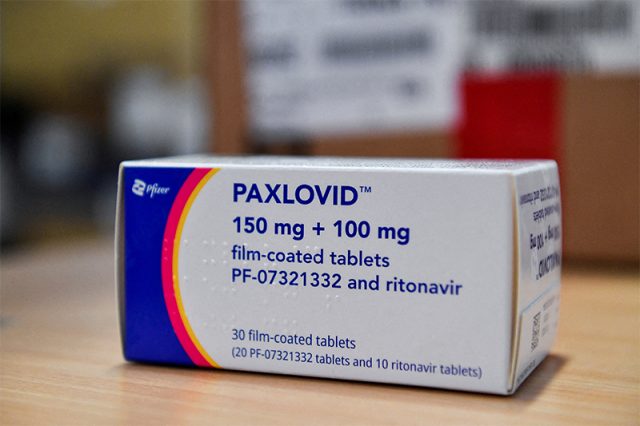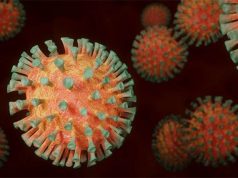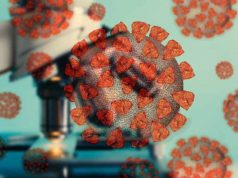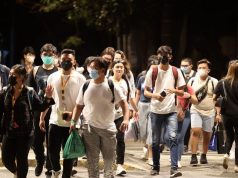
CHICAGO—Additional reports of patients with long COVID who were helped by Pfizer Inc’s PFE.N oral antiviral treatment Paxlovid offer fresh impetus for conducting clinical trials to test the medicine for the debilitating condition, U.S. researchers said on Thursday.
Three new case studies follow earlier reports of long COVID patients who experienced relief of their symptoms after taking the treatment, which is currently only authorized for high-risk people early after onset of COVID symptoms.
As many as 30% of people infected by the coronavirus are believed to develop long COVID, a condition that can last for several months with symptoms including fatigue, rapid heartbeat, shortness of breath, chronic pain, brain fog and muscle weakness. It affects people who have had both mild and severe COVID-19, including children, and can be severe enough to keep people out of work.
In a report published this week ahead of peer review, University of California, San Francisco (UCSF) researchers detailed cases of three patients who developed long-term symptoms after COVID-19 infections.
In two of the cases, the patients “were able to access Paxlovid antiviral therapy and feel that their long COVID symptoms improved substantially,” said Dr. Michael Peluso, whose was published online on Research Square.
In the third, a patient was given the drug as prescribed to treat an acute infection. While his symptoms improved at first, they rebounded shortly after he stopped taking the drug, and the man later developed long COVID.
“There’s been a lot of hope that early antiviral therapy, in addition to preventing severe COVID, will prevent long COVID. And that might be true, but this case suggests that it won’t be true 100% of the time,” Peluso said.
All three patients, who were in their 40s and had previously been vaccinated against COVID-19, were enrolled in the UCSF long COVID trial known as LIINC.
The cases are not definitive, but they offer clues about long COVID, a poorly understood condition that has left researchers scrambling to find its possible causes.
“It provides evidence that we really need to study this soon, and … systematically, which means randomized trials,” said Peluso.
He said the UCSF team would love to conduct such a study, but it would require funding from agencies such as the National Institutes of Health, and the drugmaker.
Pfizer spokesman Kit Longley said company does not have any current long COVID studies underway, but was monitoring data from ongoing clinical studies and real-world evidence, and may explore the issue further.
“Collectively, there is now ample rationale to design and implement prospective controlled studies of antiviral therapies, including Paxlovid,” said Dr. Steven Deeks of UCSF and a senior author on the study.
—Reporting by Julie SteenhuysenEditing by Bill Berkrot









